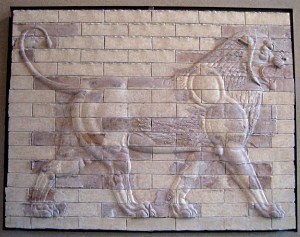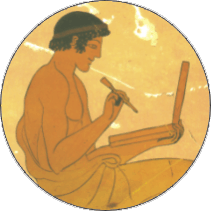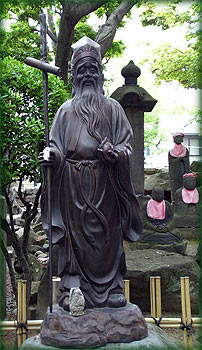
Sumerian necklaces and headgear discovered in the royal (and individual) graves, showing the way they may have been worn. British Museum. (Photo credit: Wikipedia)
Finding a character’s name can sometimes be the hardest part of building a character. If you’re looking for something different from the usual fantasy sources and more pronounceable that a random name generator, you may find something here you like.
Beyond ‘Fred’ is an occasional series that provides lists of names from real-world cultures, both past and present. In other posts, I’ve covered everything from Italian to Ancient Egyptian. This time, we’re covering names from ancient Sumer. Some of these names are names of gods and goddesses, some are names of kings, and some are names of ordinary people. A few lists didn’t even have names broken down by gender or seemed to be used for either gender. For that reason, I’m including a third category I don’t normally use: unknown gender or gender-neutral names.
An important note: I’m listing names that I think sound cool for rpg game purposes. I’m not worrying about historical accuracy. If you’re looking for a name for historical re-enactment, please check out my list of sources at the end of this post. I also don’t usually cover name meanings, but again, most of my sources list those. Finally, I tend to stay away from names that are currently in common usage. I figure if you were interested in those, you wouldn’t be looking at this list. ![]()
Male Sumerian Names
- Aradegi
- Aradlugal
- Babum
- Balih
- Dadazig
- Dumuzid
- Entana
- Enki
- Gilgamesh
- Gudea
- Hablum
- Hadanish
- Ibranum
- Iltasadum
- Kalbum
- Ludari
- Luninni
- Mageshgetil
- Nanni
- Puzur-Suen
- Tuge
- Undalulu
- Yarlangab
- Zizi
Female Sumerian Names
- Aea
- Anunit
- Bau
- Elutil
- Ereshkigal
- Gemekala
- Gesthinanna
- Inanna
- Ishtar
- Kishar
- Lahamu
- Mesh-he
- Nammu
- Nigbau
- Puzur-Nirah
- Uttu
Sumerian names of unknown gender (or gender-neutral)
- Bauninsheg
- Meania
- Sheshkala
- Urusilim
- Zimu
Sources
- Female Sumerian Names by *SeekHim (DeviantArt)
- Sumerian King List (Wikipedia)
- Sumerian Names – Part 1 (Nook of Names)
- Sumerian Names – Part 2 (Nook of Names)
- Sumerian Names A to Z (Our Baby Names)
- Top Sumerian Names
Related articles
- Sumerians, Anunnaki, Gods, Planet Nibiru And Giants! (mysteryworlds.wordpress.com)
- The Sumerians Then! (lessermystery.wordpress.com)
- Sumerian Disappearance (romaissarimi.wordpress.com)
- Inanna’s Return and Bread and Waters of Life By Deanne Quarrie (feminismandreligion.com)











